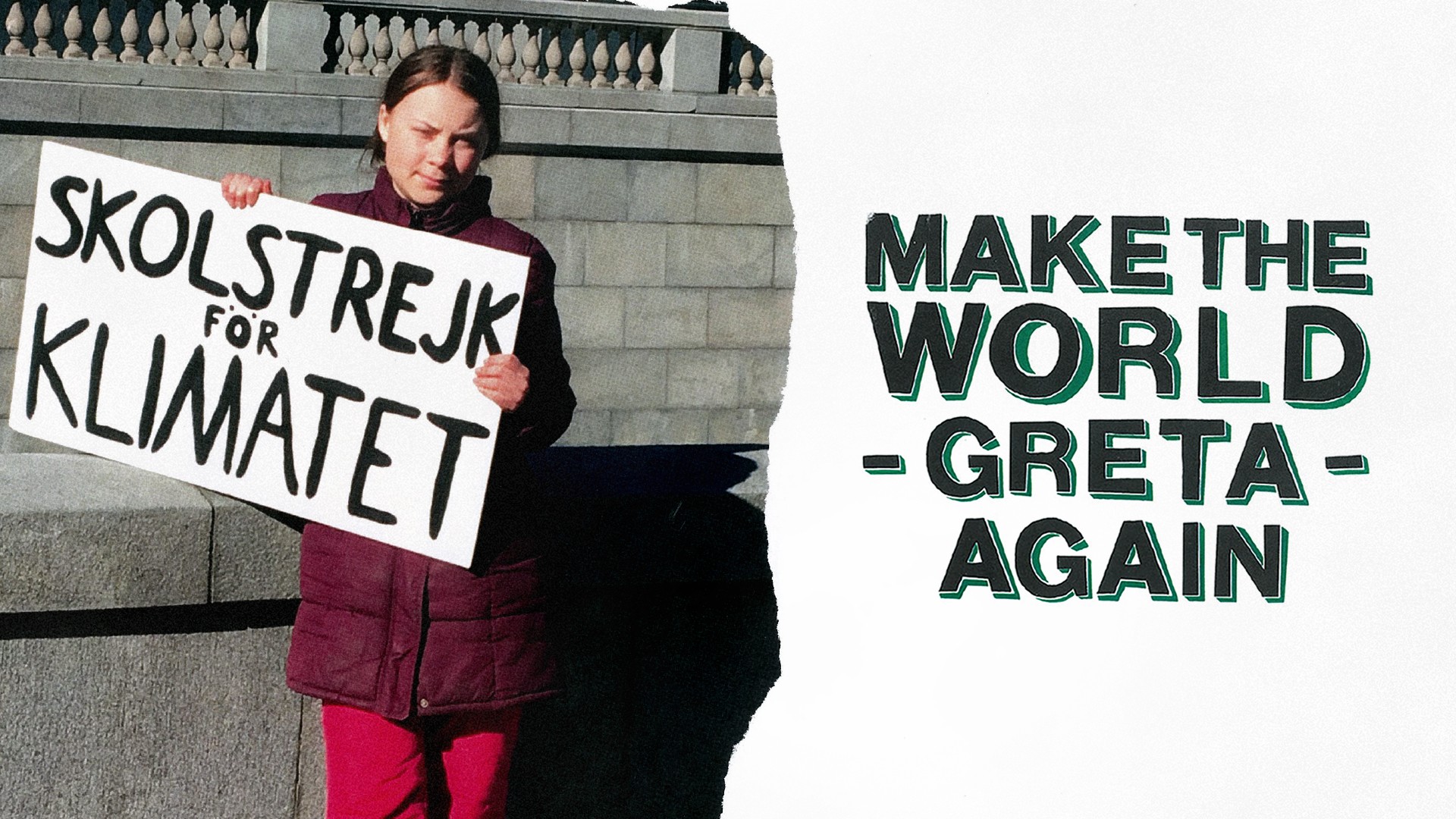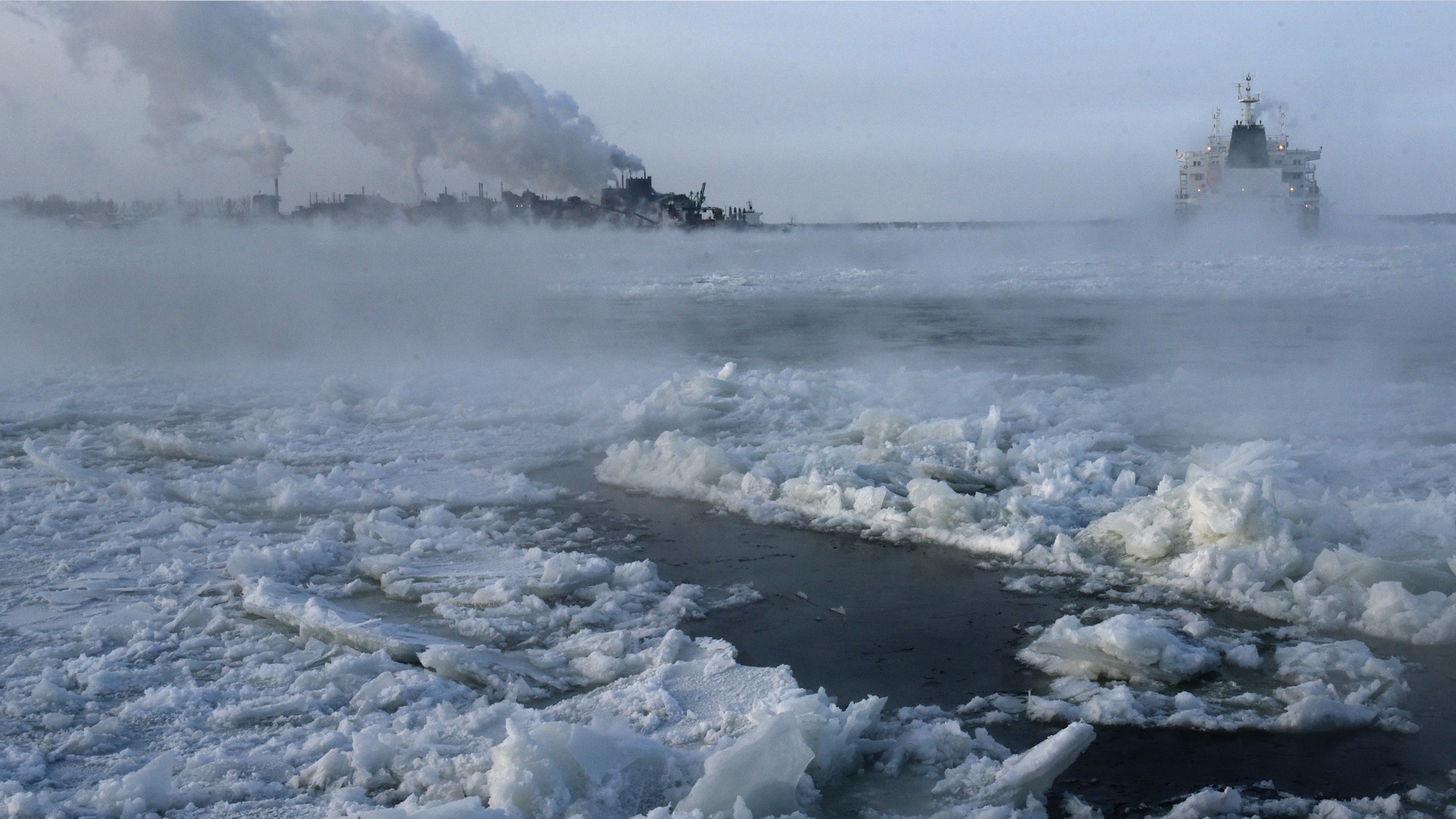If you’ve been reading about climate change this week, chances are you’ve come across a war analogy. Green Party leader Elizabeth May used one to pitch her platform Monday, and competing columns in the New York Times and CBC have since declared war metaphors are an imperfect way to describe our current existential threat.We talk about climate change as a “crisis” or “emergency” now, because the latest Intergovernmental Panel on Climate Change reports say we have 11 years to nearly halve the world’s carbon emissions if we want to avoid “catastrophic” changes. If we don’t change course, we could see as much as 7 C of warming, causing the extinction of most species on the planet.
Advertisement
David Phillips, senior climatologist with Environment and Climate Change Canada, says the latest measurements put Earth’s temperature roughly 1 C above pre-industrial levels, while Canada has warmed 1.7 C in about half the time as the rest of the world. Temperatures in some parts of Canada have already risen well above 2 C—particularly the Arctic and northern continental regions. It’s likely the whole country will surpass 2 C by the time Canada has another election.Some parts of the climate movement are talking about war as more than a metaphor. Youth climate campaigner Nayeli Jimenez has recently joined 350.org founder Bill McKibben in suggesting we actually go to war on climate change. Jimenez is part of Our-Time.ca, a coalition of volunteers pushing for a Green New Deal for Canadians. Weeks before May shared her war story, Jimenez told me that Canada created 28 new Crown corporations during WWII, and said that’s just one example of the kind of swift, sweeping action needed to move Canada off our current course and reach our Paris Agreement targets.It’s strange to hear environmental activists talk this way. As this week’s columnists have noted, WWII was a fraught, disorganized, and deeply racist time—not something anyone should nostalgically wish to bring back. Compared to our current threat, the enemy was more clearly defined then, and the methods of “combat” more straightforward (see: violence).
Advertisement
But the more we learn about the destruction that two-plus degrees warming will bring—the wildfires, the storms, the floods, the literal shrinking of our borders as sea levels rise—the more climate activists and researchers are looking to a time before boomers were born for lessons on how to tackle the biggest global threat of our time. Author and former Canadian Centre for Policy Alternatives director Seth Klein is working on a book that looks to prime minister Mackenzie King’s WWII response for clues on how we could potentially transform Canada’s economy. I asked him what Canada might look like if we actually used war measures to rapidly build renewable energy, retrofit homes, plant carbon-capturing trees, and upgrade transportation.Klein says Jimenez is talking about the 28 Crown corporations created by C.D. Howe, one of the leaders in King’s war cabinet. These new companies churned out typical war stuff: timber, steel, rubber, fuel, ships, aircraft, tanks. All told Canada ended up making some 800,000 military transport vehicles, 50,000 tanks, and 16,000 planes and jets. British Columbia alone built 300 ships in five years, according to Klein.Canada also worked with private companies, but the government took a very hands-on role planning how each industry would work together, thanks to the creation of the Department for Munitions and Supply. “It wasn’t just that we were building a lot of planes and ships, we were coordinating the supply of all the core ingredients of the economy,” Klein said. “We fundamentally retooled the economy in the space of just a few years.”
Author and former Canadian Centre for Policy Alternatives director Seth Klein is working on a book that looks to prime minister Mackenzie King’s WWII response for clues on how we could potentially transform Canada’s economy. I asked him what Canada might look like if we actually used war measures to rapidly build renewable energy, retrofit homes, plant carbon-capturing trees, and upgrade transportation.Klein says Jimenez is talking about the 28 Crown corporations created by C.D. Howe, one of the leaders in King’s war cabinet. These new companies churned out typical war stuff: timber, steel, rubber, fuel, ships, aircraft, tanks. All told Canada ended up making some 800,000 military transport vehicles, 50,000 tanks, and 16,000 planes and jets. British Columbia alone built 300 ships in five years, according to Klein.Canada also worked with private companies, but the government took a very hands-on role planning how each industry would work together, thanks to the creation of the Department for Munitions and Supply. “It wasn’t just that we were building a lot of planes and ships, we were coordinating the supply of all the core ingredients of the economy,” Klein said. “We fundamentally retooled the economy in the space of just a few years.”

Advertisement
To address climate emergency, Klein says Canada could similarly create new Crown corporations that would speed up our transition to zero carbon (a target scientists say we need to hit by around 2050 to avoid catastrophe). Klein says a high-speed rail building company would be high on his Crown corp wish list. Trains can run on electricity from renewable sources. In the Netherlands, for example, trains already run on 100 percent wind energy.The earliest Canadian reference to WWII-style mobilization to climate change comes from a Memorial University professor in Newfoundland, who wrote that a Crown corporation might develop “non-methane proteins” to help wean us off greenhouse gas-intensive beef and dairy.“Governments might have to develop, produce and distribute [renewable technology] and non-methane foods,” Dennis Bartels wrote back in 2001. “Non-methane foods would become the equivalent of vital wartime supplies.”Can you imagine waking up in a world where there is a nationalized “Beyond Canadian Bacon” brand? It’s weird, sure, but arguably not as strange as a future with zero Arctic ice.Every industry, from housing to postal delivery, could potentially be electrified. Klein speculates that the feds could buy out GM and upgrade Canada Post’s entire fleet to electric vehicles. Subsidized public housing could be built 100 percent carbon neutral starting sooner rather than later. Vancouver is already asking for deadlines as soon as two years from now, says Klein.
Advertisement
Over the next decade millions of homes will need to be retrofitted to produce less carbon. If Canada created its own electric heat pump company, for example, Klein says he would be first in line to buy one for his home. At present, it’s not easy for anyone in Canada to try this on their own.And, since trees are still considered one of the world’s best carbon capture devices, Klein thinks a Crown company could help tackle reforestation, too. “A billion trees, why not?” he said. Forests alone aren’t a silver-bullet solution to the climate crisis, as they release what carbon they’ve captured when burned or decomposed, and in Canada, Jimenez and other campaigners want to prioritize Indigenous self-determination on their own land first.Klein says these are suggestions to get “creative juices flowing.” All of this would cost a tremendous amount of money, and that’s kind of the point. History has taught us that if a security threat is serious enough, a government like Canada can make just about any amount of resources available.In WWII this was achieved in part through victory bonds—loans individuals made to the government to help mobilize the war effort. If “climate bonds” became a thing, Klein says wealthy Canadians who are anxious about warming would have somewhere to put their money. If WWII is any indication, we might end up with another “golden age of capitalism.”“We ended WWII with the highest debt-to-GDP ratio ever,” Klein said. ”But it also marked the beginning of the strongest economic performance the country has ever seen. It wasn’t a drag on the economy; it was quite the opposite.”
Advertisement
There are plenty of reasons to question this kind of all-in jingoist climate stimulus plan. The government would need to consider measures to control inflation, or the possibility that rich people would just move their money somewhere else. Researchers have also suggested we might enter an unhinged new era of eco-nationalist propaganda, which would surely add to, not subtract from, a general sense of doom.University of British Columbia sustainability researcher Kai Chan told me that a rapid ramping up of market activity would still be mobilizing an economic system that by nature creates more harm than it solves. There’s a risk of runaway profiteering, and bad-faith participation from the private sector.Klein says WWII has some answers to this. Canada actually capped all profits at 10 percent, according to Klein’s research, and took a 100 percent tax on anything above that. This helped prevent companies from gouging or otherwise taking advantage of an emergency situation.Even with that kind of heavy taxation in place, companies still profited. “There’s still a huge role for the private sector,” Klein said. “Lots of people made lots of money.”That’s how Klein pitches “small-c conservatives,” but he also likes to point out that WWII was a time of massive growth for workers’ rights. “I think on the labour front, WWII was an incredible time of full employment,” Klein said.The government created new training programs for women and “school-leavers,” according to Bartels. Unions expanded to these newly mobilized workforces, making shipbuilders the largest organized block of workers in the country. “Most major industries were unionized by the end of the war,” wrote Bartels.
Advertisement

Advertisement
During WWII, more than a million Canadians enlisted, which was nearly 10 percent of the population at the time. If a couple summers of cleaning up old bitumen wells could pay for an education, that may prove more appealing to the average young person than signing up for state-sanctioned murder training.Klein admits war is “not perfectly analogous” to climate change, and there are parallels he’s less comfortable speculating on. In WWII Canadians were given explicit limits on how much fuel, food staples, and other resources they were allowed to consume. While he doesn’t foresee “ration books” making a comeback in the age of climate change, Klein does think there should be some kind of individual carbon target. “Households need to have some form of rationing that still leaves as much choice as possible,” Klein said.If all of this sounds a bit scary, everyone I spoke to for this story placed more fear on the situation where Canada does nothing, contributing to a global worst-case climate scenario. What gives Klein hope is the academic consensus that current-day technology can get us most of the way there, according to his research. “I think most of the tech is there to get us almost to 100 percent carbon neutral by 2050—certainly in terms of ground transportation, homes and buildings—it’s there,” he said.Even if Canada went to war on climate change for the next 11 years, researchers say there would still be a lot more work to do. Chan agreed that there may need to be a “triage” period, where war measures could be effective, but that eventually we’ll need to change the “fundamental rules” of the economy. It’s not just carbon neutral infrastructure we’ll need, but new incentives, subsidies, and levers of power, he said. Instead of stimulating growth for growth’s sake, our economy might need to value stewardship, labour, and cooperation.If this sounds hard to imagine, that’s because it is. This is why white and privileged writers such as Jonathan Franzen are already admitting nihilistic defeat after reading one book. But the teens, Indigenous communities, and people of colour who will be most affected say they do not have such a luxury.“We can’t see this as a distant future situation, like it’s happening and most of the effects will be irreversible,” Jimenez said. “We’re at a point where we can’t ignore the fact they’re already happening.”Follow Sarah on Twitter.
